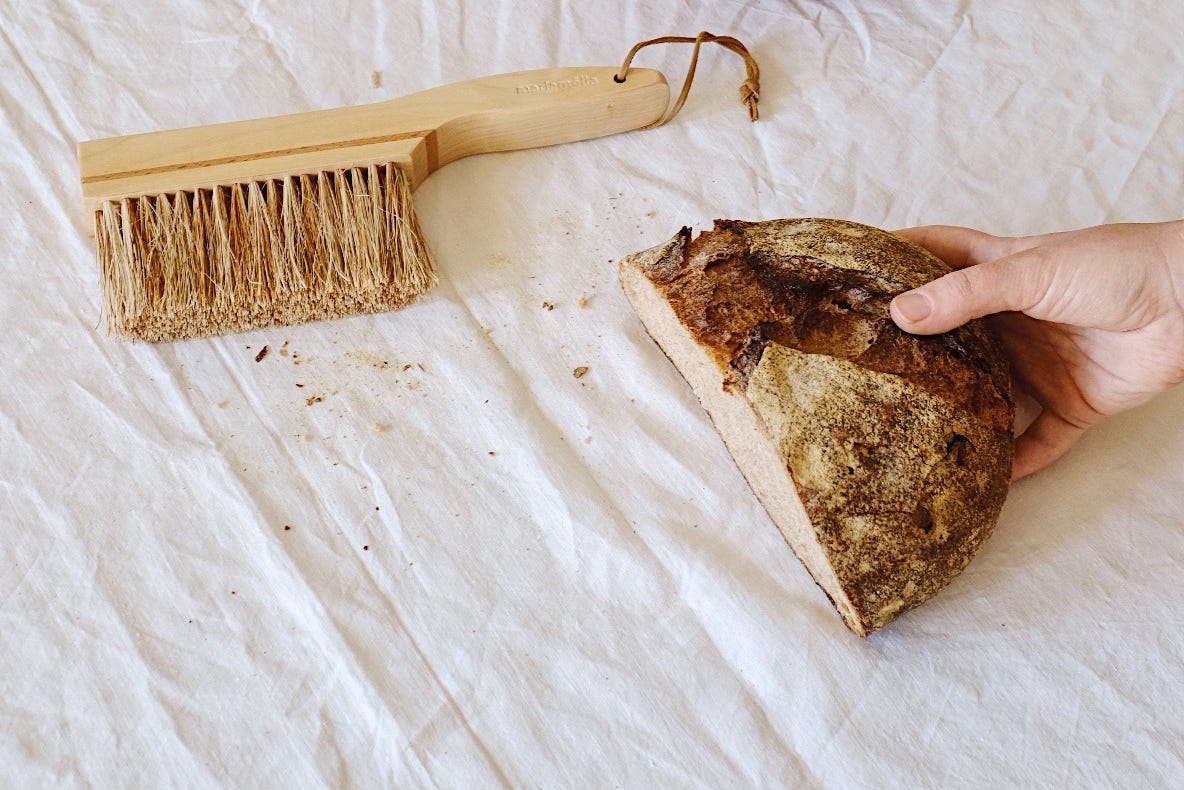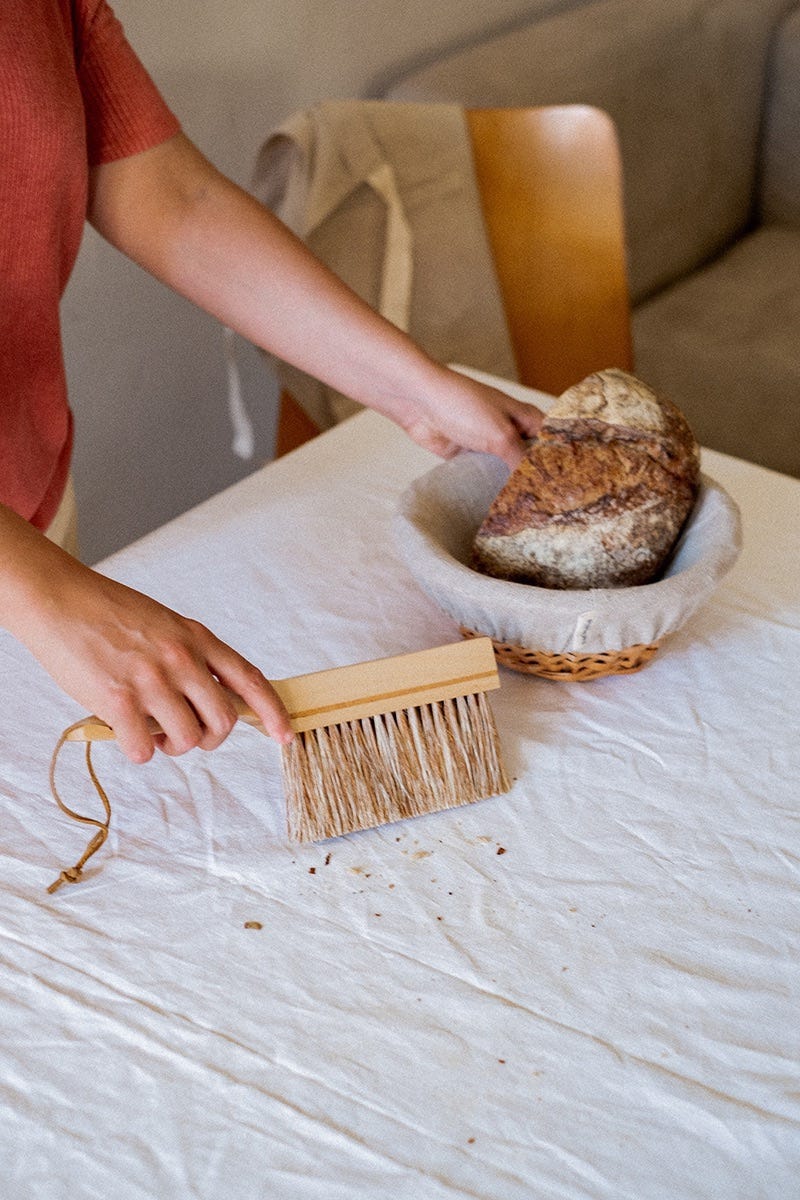March
People often say that's important to “find opportunities in times of crisis”. Well, this always gets me shaky. I guess it reminds me of my youth trauma, what we in Portugal called ”the crisis”, the times of economic instability and recession — that were devastating in the country, mainly from 2011 to 2015. Now we have begun to face, timidly, a new kind of global crisis that seems so awkwardly to evoke a sense of cosmic response to what we’ve been craving for: to slow down, to decelerate, to disconnect. It’s of course so daunting to imagine the near future and what will we be making with our lives from now on, in this quarantine mode, but if you have the privilege to forget for a while about the bills to pay, I’m inviting you to make something new with this newfound time, at home, to do the things you never do because they just take too long.
In my time, apart from working on the new website, I’ve been reorganizing my home, uncluttering, cleaning up shelves while I look at old photos, and meanwhile attending to my fermenting sourdough. So today what I propose is that you can take some of this “free” time from your work-from-home routine or a voluntary quarantine (that’s proven so important to prevent the worst scenario for this epidemic) to get your (washed) hands on your slow-fermented dough.
If you’re in Portugal you can even order amazing quality local stone-ground flour from the center region or the southern region. Just add to this a little sea salt and water and you’re ready to get it started. There is an infinite amount of books, magazines, websites, blogs, recipes, and so many tutorials to help you through your introduction to sourdough baking and creating your starter from scratch. While it rippers, you can just water your plants, reorganize your office, or finally read that book you’ve been postponing for months. Because in a crisis like this there is no guilty “self-time”.
More slow bread
So now for the opportunity (in times of crisis), because I also fear for the survival of my micro-business in face of the times to come. What better way to drive people into purchasing these fermentation baskets than to get them to learn how to make this post-modern hipster bread when they have so much time at home? And why these wicker bannetons? To explain this I need to tell you about how I'm beginning to comprehend the purposes of this brand. Mariamélia is a social-based micro-business with a mission to demonstrate the unique social importance and strategic economic value of local manufacturing and craftsmanship practices, which are essential knowledge nowadays, facing all the sustainability issues urged by the climate crisis. The products I've been developing around sourdough bread have shown me the difficulty in balancing issues of scale, productivity, and sustainability. So the selling of these bannetons is an important form of support for the social and cultural mission of Mariamélia: to keep a slow-paced work in building long-last relationships with local artisans and craftsmen, to tell their stories and promote their crafts, and to allow for developing horizontal work collaborations in the future, between these masters and the designers and creatives who seek for objects and solutions based on this informal knowledge.
So, this opportunity consists of, on one hand, to decelerate so we can question things, and, on the other hand, to allow the empowerment of craftsmen and artisans and to value their practical knowledge that we've been pretty much taking for granted.
Filipa
#maispaolento
I'll be willing to share plenty of my bread routine, habits, recipes and tricks if you're somehow lost in this learning process. Also, I'll be sharing info about sourdough bread workshops in Portugal, so if you know someone who's teaching how to make slow-fermented bread I'll be happy to share it on my platforms. Just reach me on social media.






